How much sleep do women need to feel healthy and well rested?
A guide to the recommended hours of sleep for women and the factors that effect their ability to get quality rest
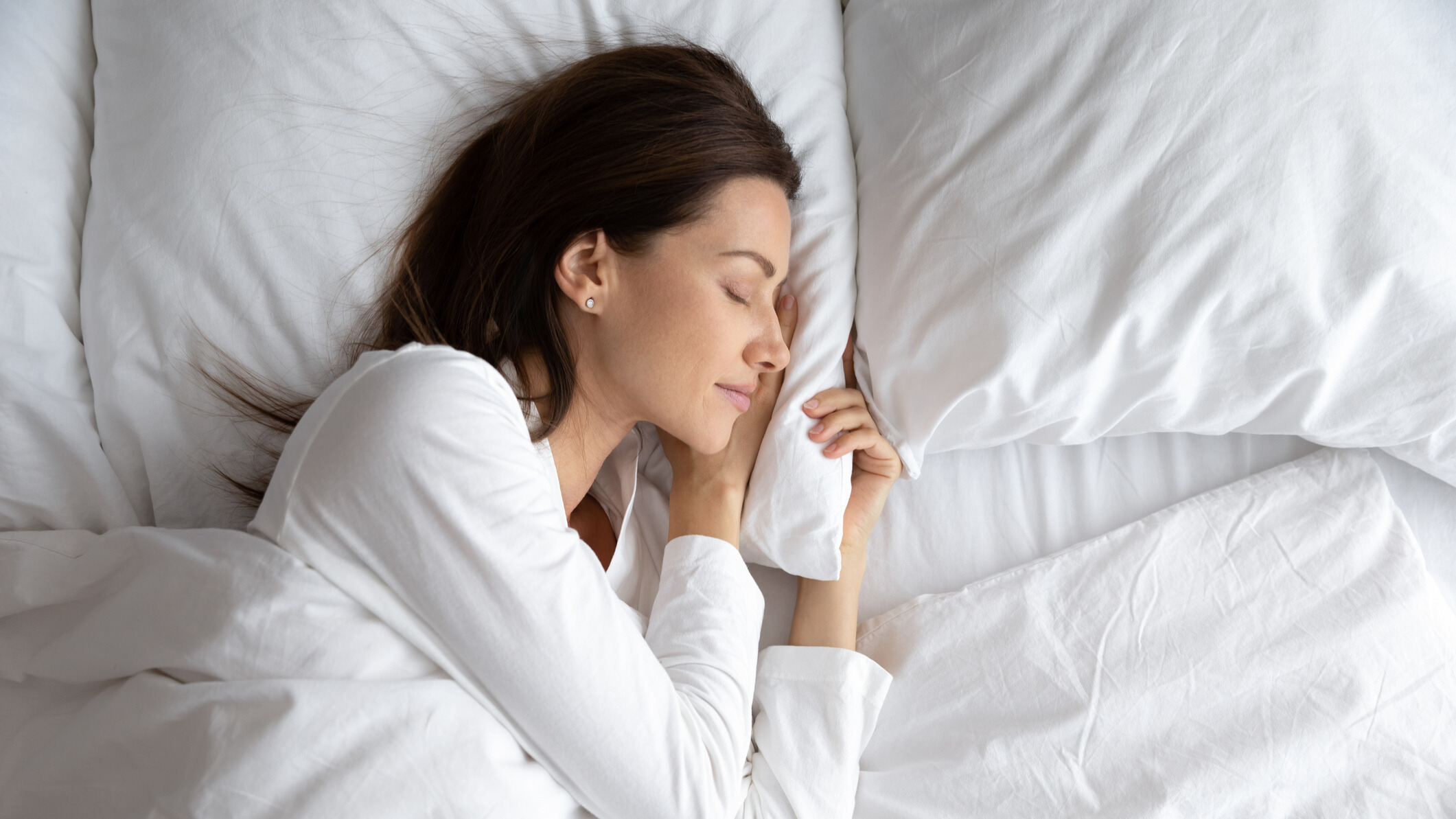
It is commonly understood that most healthy adults need the recommended 7-9 hours of sleep a night to remain alert and productive throughout the day. But does the amount of slumber required by men and women differ?
Whether or not women in particular need more sleep is a subject of much debate and discussion, and it's been well explored in recent research and studies.
There are number of considerations, including mental, physical and social factors, to take into account when looking at how much sleep women need, and if it is indeed more than men.
So, to get a better understanding of how much sleep women need, whether it differs from men and why, we asked the experts. Plus, we've included some top tips for getting better sleep night after night.
How many hours of sleep do women need?
There isn't one single number that defines the right amount of sleep women require, simply because sleep needs vary by personal reasons like age, health and social factors.
Here's a rough guideline, based on the different life stages, suggested by Dr. Jasmine Reed, a licensed clinical psychologist:
- Teenagers (14-17): 8–10 hours
- 20s and 30s: 7–9 hours
- 40s and 50s: 7–9 hours, though hormonal changes during perimenopause may temporarily increase sleep disturbances
- 60+: 7–8 hours, though sleep may become lighter and more fragmented with age
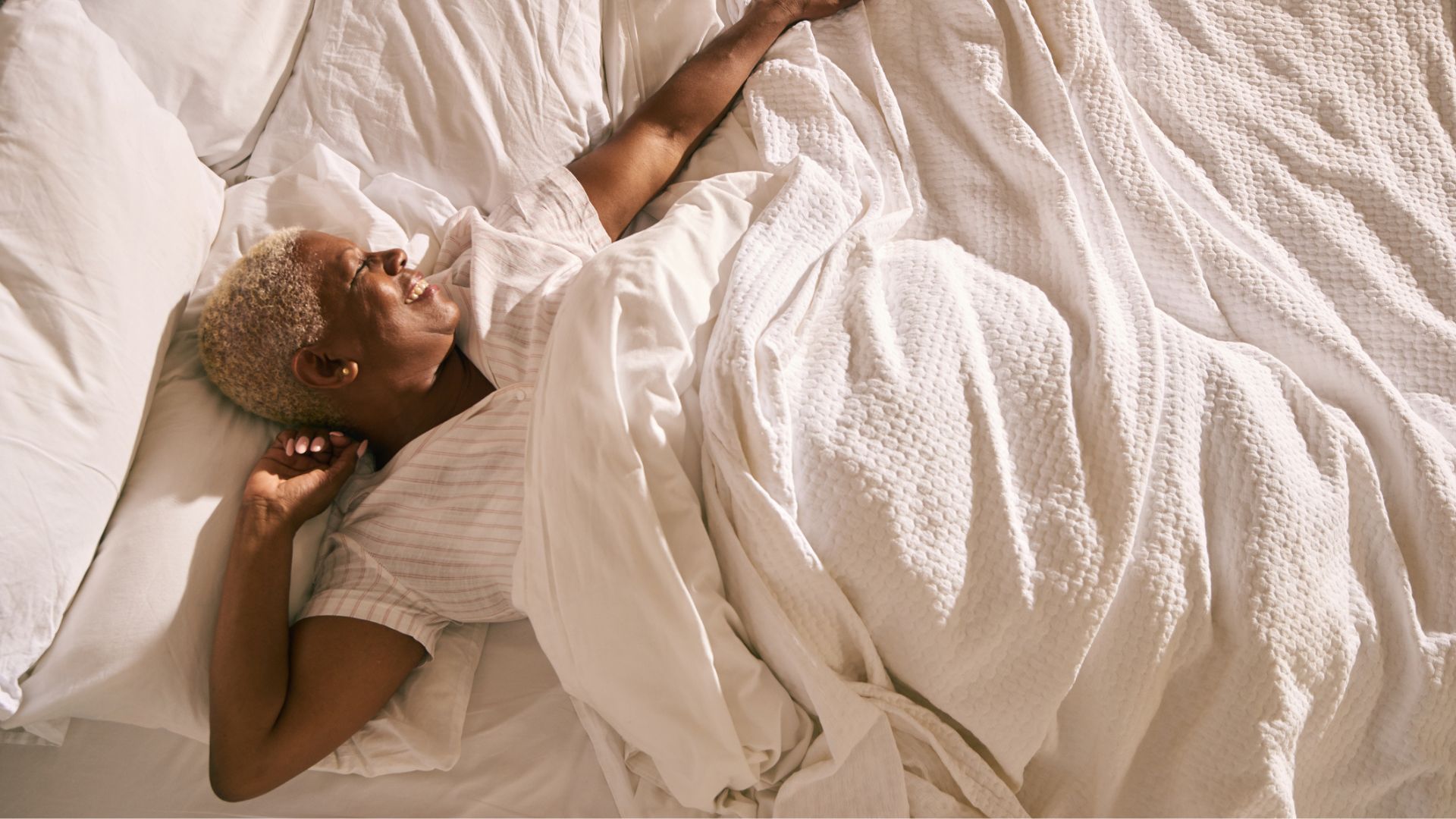
So, do women require more rest than men?
Get instant access to breaking news, the hottest reviews, great deals and helpful tips.
"Research suggests that women may need slightly more sleep than men —sometimes by about 20 minutes on average,” says Dr. Reed.
But why is this? “One reason is that women’s brains tend to engage in more multitasking and complex cognitive tasks throughout the day,” she explains, “which can increase the brain’s need for recovery during sleep.”
Do women get the sleep they need?
"In many cultures, women are conditioned to prioritize others’ needs before their own, which can make prioritizing sleep feel ‘selfish’ or indulgent," Dr. Reed explains.
"There’s also societal pressure to ‘do it all’ — career, family, social life — often at the expense of rest."
She adds that she has seen women feeling guilty about going to bed early or declining activities in order to get sufficient rest, even though sleep is a critical health behavior.
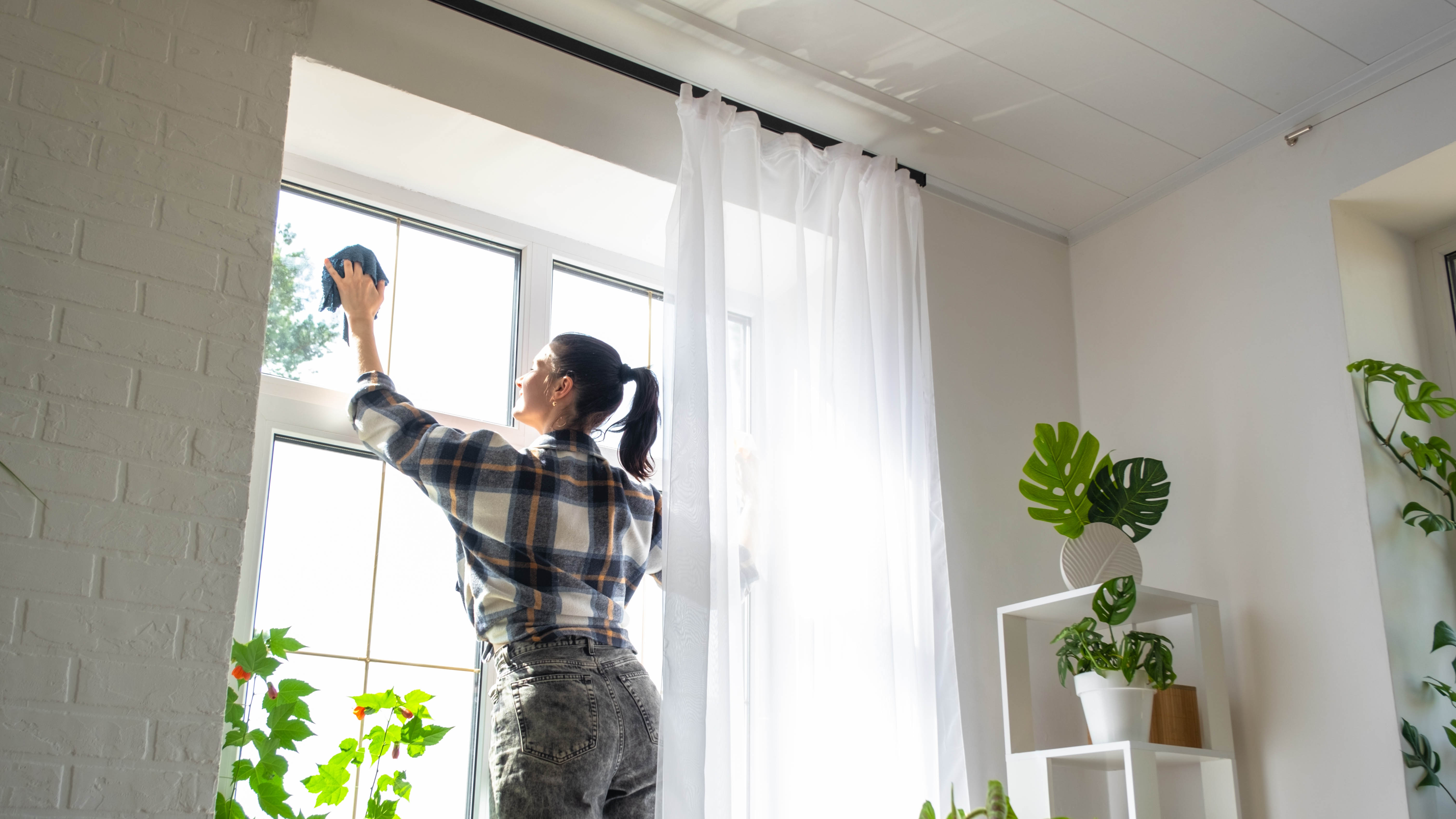
"While women may technically sleep longer, they experience more fragmented, less restorative sleep," says Dr. Reed.
"Factors like caregiving responsibilities, unequal household labor, higher rates of insomnia, and hormonal fluctuations contribute to this gender sleep gap," she explains.
Apart from work, family, money and caregiving commitments, there can also be social stigma associated with women putting their own sleep requirements first.
4 factors that impact women's sleep health
1. Hormonal changes
"Throughout a woman’s life – from menstruation to pregnancy to menopause – women experience a hormonal whirlwind which can impact their circadian rhythms," says Dr. Carlos M. Nunez, chief medical officer at ResMed.
There are two main hormones that each play major role in these phases in a woman's life: estrogen and progesterone.
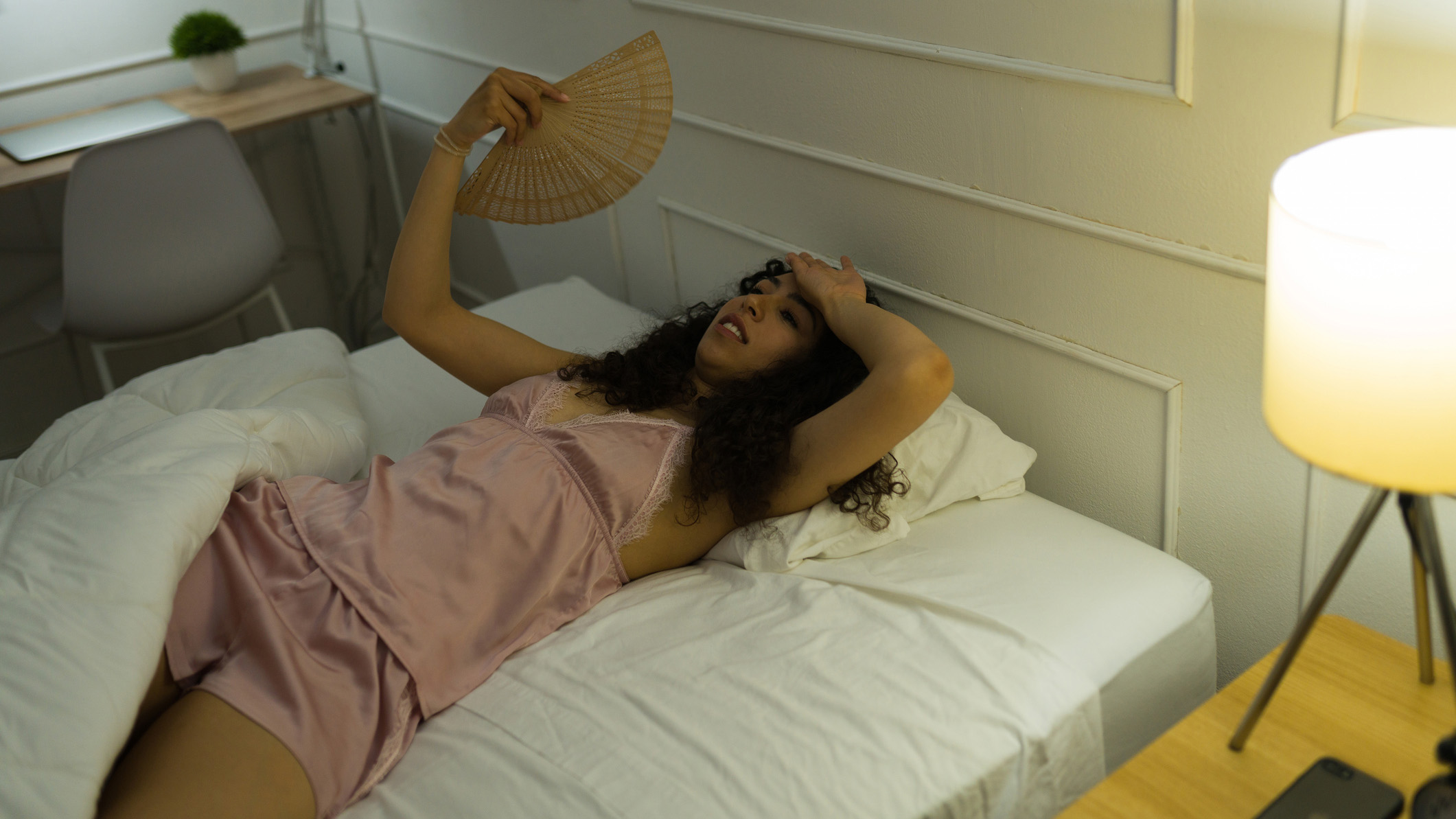
Fluctuations in these hormones during the menstrual cycle, pregnancy and menopause will all impact how you sleep at these different stages.
For example, when progesterone dips during the menstrual cycle (if you don't get pregnant after ovulation) it can impact the ability to sleep, while estrogen levels rising during the first trimester can cause pregnant women to feel more sleepy.
Additionally, dips in estrogen and progesterone levels that occur during perimenopause and menopause, can result in a decrease in melatonin levels, according to GP and menopause specialist Dr. Louise Newman.
Since melatonin is the hormone that helps us get to sleep, and stay asleep, this can cause issues with rest.
2. Hot flashes and night sweats
After a long day, the last thing you want is to be woken by hot flashes and nightsweats. But unfortunately, both are common symptoms experienced by women during peri-menopause and menopause.
In fact, one study of 1,000 women looking at the impact of menopause on sleep showed that around 67% lose out on 2.5 hours of sleep a night (adding up to 37 days a year) and 61% experience nightsweats and overheating.
Other effects included experiencing insomnia (41%) and palpitations (23%), while 48% of the women in the study claimed that their poor sleep due to the menopause had negatively impacted their relationship.
3. Pregnancy discomfort
"Women may find they need more sleep during certain phases of their cycle or life events like pregnancy or postpartum," notes Dr. Reed.
This is because a woman's body goes through an enormous change during pregnancy that often leads to physical and mental challenges.
Around 1 in 4 women experience insomnia in the early trimester, according to The Cleveland Clinic, while approximately 80% report sleeplessness by the end of the third trimester.
Symptoms that can contribute to this disrupted sleep include increased urination tendency (nocturia), pain, nausea, anxiety, back pain and joint aches, shortness of breath and a quicker heart rate.

4. Mental workload
A 2023 American Psychological Association survey reported women having higher levels of stress than men.
This, of course, can have a direct impact on sleep health, with a vast array of research indicating stress negatively affects our sleep quantity and sleep quality.
"Stress and mental load from caregiving, work, and life juggling is a huge factor determining women's sleep health," says Dr Leah Kaylor, a clinical psychologist specializing in sleep and trauma.
Increased stress can disturb sleep cycles, cause you to wake up in the night and make it difficult to fall asleep.
how to get more restorative sleep every night
Stick to a consistent sleep schedule
Given the array of responsibilities and roles many women have to consider, adding a sleep schedule into the mix might seem like just another obligation to fulfil.
However, sticking to the same bed and wake-up time can help regulate your circadian rhythm (your internal body clock) and hormone cycle — releasing melatonin to help you sleep at night and cortisol for alertness in the morning.
The benefits of a good night's rest include improvements in your productivity levels, energy, mood and cognitive capabilities.
It could be worth considering Bryan Johnson's ( of The Man Who Wants to Live Forever fame) advice: "Your bedtime is the most important appointment of the day."
Get morning sunlight to reset your circadian rhythm
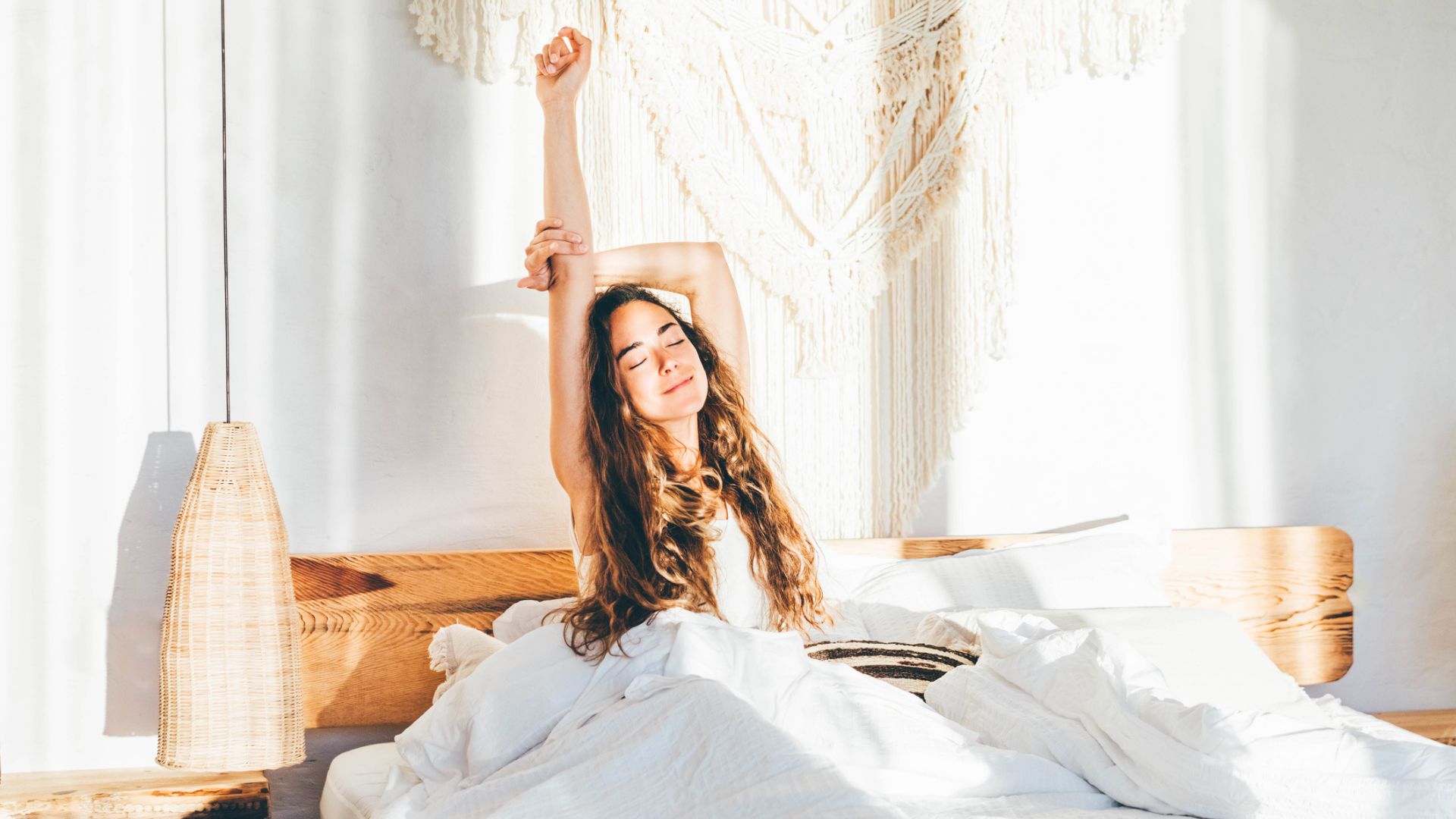
Light is one of the most important elements in regulating our circadian rhythm, since daylight triggers the release of cortisol, while a lack of light promotes the production of melatonin.
"Starting your morning with natural daylight helps to reset your circadian cycle and sends a 'wake up' signal to your brain," Dr. Nerina Ramlakhan, a Neurophysiologist and sleep expert at Oak Tree Mobility, previously told us.
Additionally, research has indicated that exposing yourself to sunlight in the mornings in particular can actually improve your sleep efficiency and lead to a less disrupted night of rest.
Develop a winddown routine
If you've had a stressful day, or spent your evening stimulated by screens, it may be hard to relax the instant your head hits the pillow.
This is where a winddown routine can be helpful — they help your body and mind relax and calm down in the period before you want to sleep.
Celebrities from Drew Barrymore to Sydney Sweeney have spoken about what they include in their nighttime routines. You could start by reading a book like Barrymore, or taking time with your skincare like Sweeney.
Taking a warm bath is also a great option since it's relaxing, and, research shows it can improve sleep.
Afterward your body's temperature will drop, similar to the way our body temperature naturally drops slightly before we sleep, which helps your body and brain understand it's time to rest.
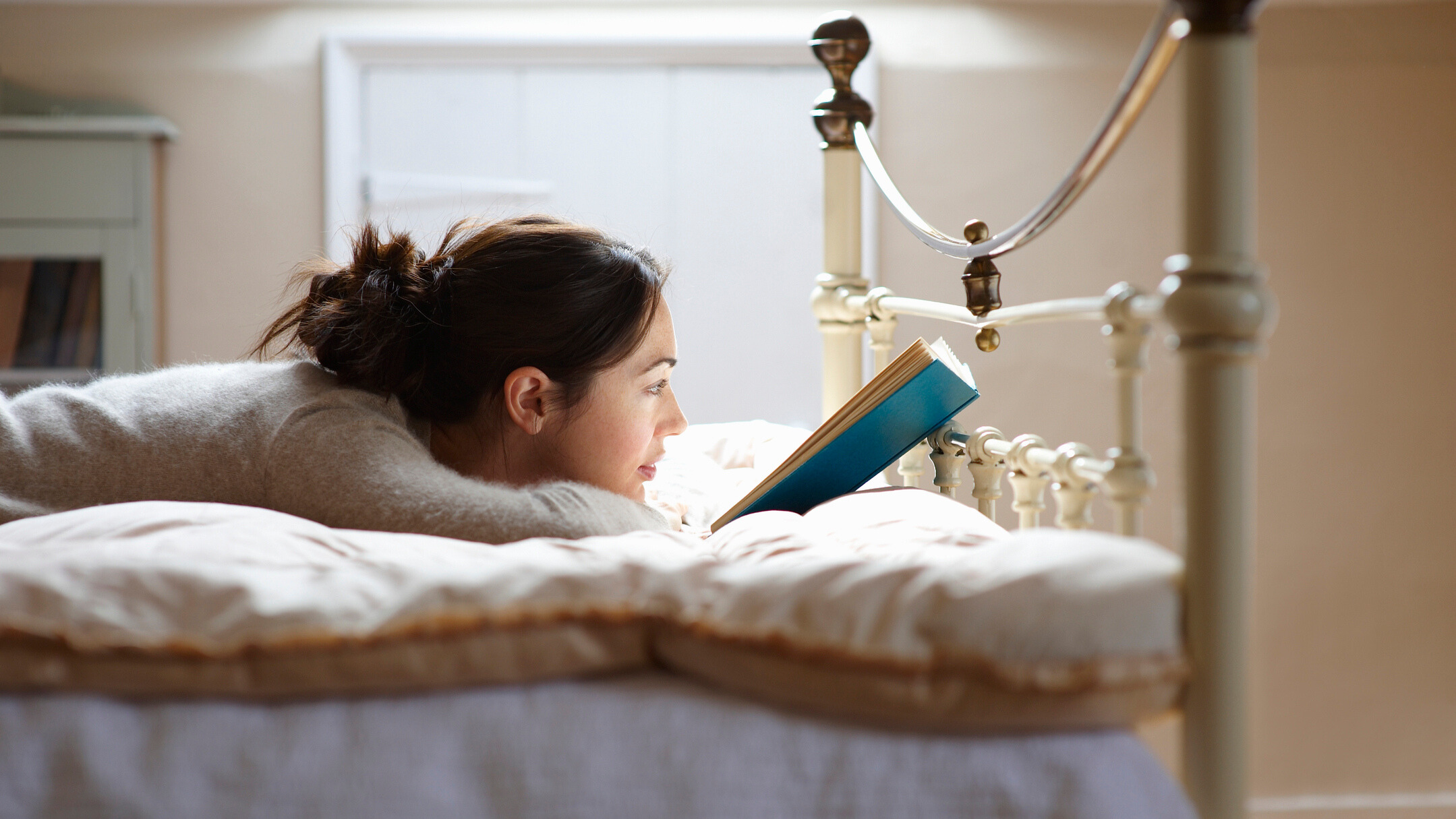
Your routine can be made up of any activity you find calming, like journaling, listening to gentle music or even a quick 15-minute yoga session.
Limit caffeine and alcohol
The effects of caffeine can typically take around four to six hours to leave your system, making it challenging to achieve a restful night if you consume it too late it the day.
Experts recommend staying away from caffeine after noon to ensure it doesn't impact your sleep.
Meanwhile, having a few drinks in the evening may seem like it aids your sleep, due to the sedative effect of alcohol, but it's wise to avoid alcohol for at least three to four hours before bed.
This is because it can increase nighttime awakenings, reduce REM sleep and worsen existing sleep disorders .

Becky is a Sleep Staff Writer at Tom’s Guide covering all things sleep-related including product reviews, research studies, news and explainers. She works on specialist bedding content and is responsible for buyer’s guides like the best pillows for all sleepers and best mattress protectors focusing on popular brands such as Tempur-Pedic, Avocado, Coop Home Goods and more. Becky is a PPA accredited journalist who is keen to explore the intricacies of sleep, its effects on skincare, mental wellbeing and work performance. While not thinking of sleep, she can be seen reading in cosy bookshops or learning about global food culture.
You must confirm your public display name before commenting
Please logout and then login again, you will then be prompted to enter your display name.
 Club Benefits
Club Benefits





